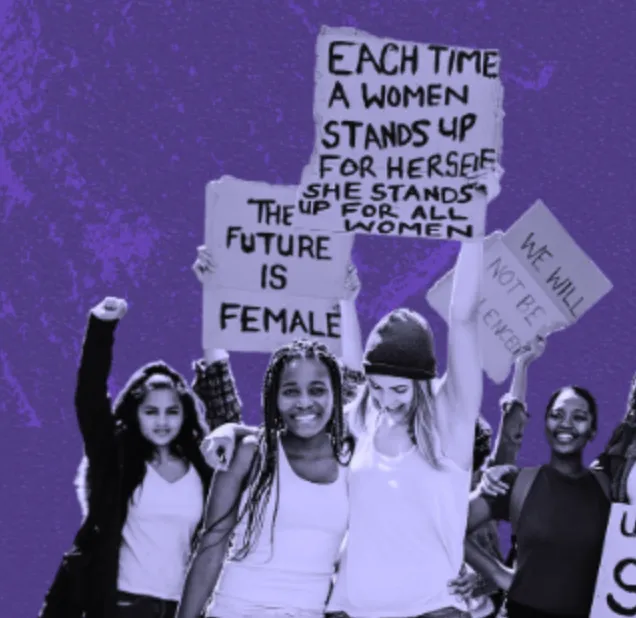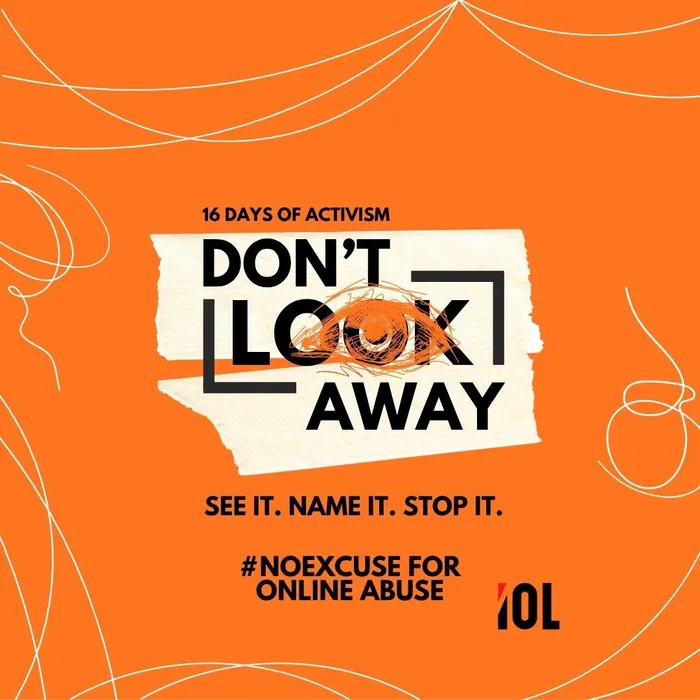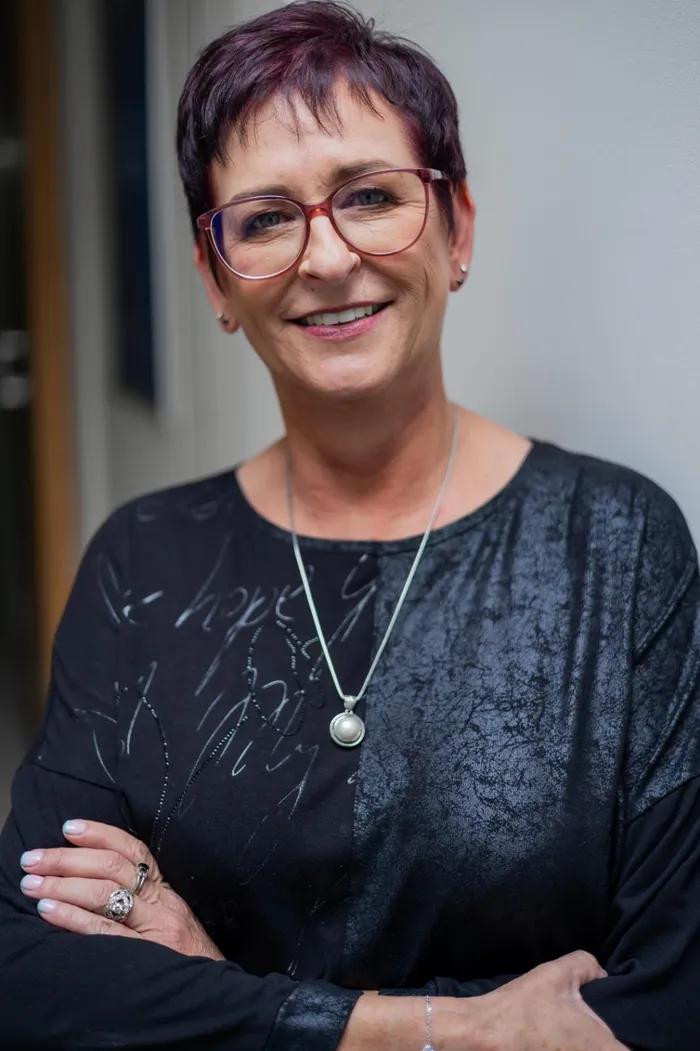
GBVF is now officially a national disaster, with government urging urgent multisectoral action after protests led by Women for Change.
Image: IOL Graphics
As South Africa commences its annual 16 Days of Activism for No Violence Against Women and Children Campaign, the disillusionment within the Motor Industry Staff Association (MISA) regarding the state of the nation’s progressive Constitution has never been more pronounced. Martlé Keyter, MISA's Chief Executive Officer: Operations, highlighted the growing epidemic of Gender-Based Violence and Femicide (GBVF), saying that “something is terribly wrong” when women and children are not safe in their own homes, schools, or public spaces.
Despite the existence of robust legislation and policies aimed at curbing GBVF, the harsh reality is that deeply rooted societal norms continue to breed violence, leading to an alarming escalation in reported incidents. Statistics from the Children’s Institute at the University of Cape Town (UCT) paint a bleak picture; Lucy Jamieson, a senior researcher at the institute, reveals that one in two women reports having experienced intimate partner violence, with community studies indicating that over 90% of children experience some form of violence.

The 16 Days of Activism for No Violence Against Women and Children campaign will take place from November 25 to December 10, 2025, under the theme: “Letsema: Men, Women, Boys and Girls working together to end Gender-Based Violence and Femicide (GBVF)”.
Image: IOL
Adding to the distressing narrative, Vanessa Samuel-Chetty, founder and director of The Hope Foundation, noted the disturbing trend of infants as young as a few days old becoming victims of sexual abuse, often at the hands of family members or acquaintances. “The message often shared with children about ‘stranger danger’ is incomplete. They need to be taught to be wary of everyone, which is sad,” she said. Furthermore, children are exploited as 'weapons' in domestic disputes, revealing the violent lengths to which some will go to seek revenge.
A study by the Human Sciences Research Council (HSRC) reinforces these findings, revealing deeply ingrained gender norms and cultural acceptance of male aggression and dominance. The painful reality is that GBVF has permeated society to a profound extent, with statistics showing that 36% of women have experienced physical or sexual violence, while a staggering 76% of men admit to having perpetrated it.

The Motor Industry Staff Association's Martlé Keyter says “something is terribly wrong” when women and children are not safe in their own homes, schools, or public spaces.
Image: Supplied
The urgency of addressing GBVF was further underscored by harrowing incidents reported throughout 2025, including a rape and robbery syndicate operating in Johannesburg and the sentencing of multiple offenders for heinous acts against women and children. The SA Police Service (SAPS) reported that from January to March 2025 alone, there were 10,688 reported cases of rape and 966 murders of women — a 7.9% increase over the previous year.
This situation is even more dire for women with disabilities, who face abuse rates significantly higher than their non-disabled counterparts — 29.3% experience physical abuse, and 14.6% sexual assault. MISA believes that the cycle of gender-based violence must end with collective action. “We have a duty to address this pandemic in our homes, workplaces, communities, and among our peers,” Keyter urged.
IOS
Related Topics: